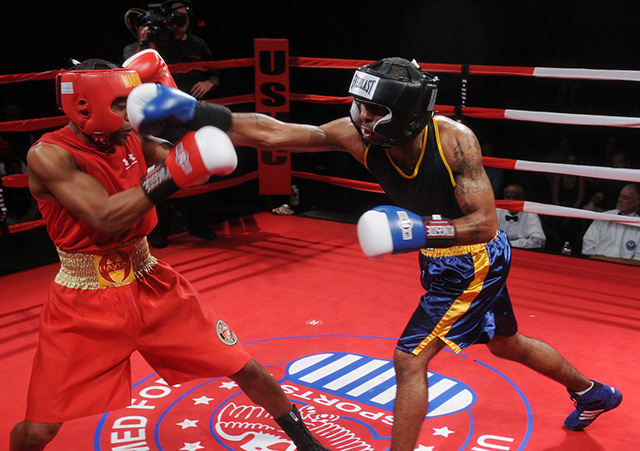There are many sports which have weight divisions or classes, that require the competing athletes to fall below a certain weight or within a range. For athletes in these sports, there is often a last minute effort to make the weight category. This can be a challenging and sometimes dangerous thing if not done correctly. The information below relates to most sports that have weight categories such as weight lifting, judo, wrestling, boxing, rowing and jockeys.
Common Weight Loss Strategies: A Medical Perspective
Food Restriction
Athletes can reduce nutrient intake though many means, such as fasting (food avoidance), skipping meals, appetite suppressants, induced vomiting and the use of laxatives. Long term food restriction (starvation) can result in unhealthy body changes including osteoporosis, blood disorders, kidney and nerve damage, abnormal heart rhythms, fainting spells, muscle weakness and cramps. In extreme cases if prolonged vomiting is used, the stomach can develop lacerations and the esophagus can rupture.
Fluid Restriction
Athletes can rid the body of exess fluids, by avoiding fluid intake simply by drinking less volumes of fluid, and also by using diuretics and increasing sweating using a sauna. There are health risks using fluid restriction to drop weight. In particular, sauna use can cause dehydration, heat stress illness, low blood pressure (fainting), blood clotting changes, heart attack, stroke and thrombosis.
 boxing match
boxing match Don't Use Saunas
Unfortunately many athletes in weight category sports use fluid restriction to make their weight class. While they may be able to get their weight down adequately, their body will not be in peak condition for performance. What are the effects of sauna-induced dehydration on your performance? These symptoms are also magnified on hot days.
- Blood volume reduction
- Muscle fuel changes
- Heart rate quickens
- Slower rehydration
- Gastric upsets
- Nausea
- Body temperature increase
- Muscular endurance reduced
- Muscle fatigue
- Muscle strength reduced
- Endurance performance effected
- Decision making slower
The Role of a Dietitian
The sources of nutrition information often comes from within the sport, such as coaches and other athletes, and is often based on hearsay and historical techniques. Dietitians can provide professional advice on safer alternative options. They can provide an unbiased view, and are able to debunk long standing myths.
So What are the Alternative Strategies
- Dietary manipulation to fine tune competition weight;
- Use low residue diets in the days preceding competition
- Decrease salt levels in the diet
- Use fluid restriction within safe limits under supervision of a dietitian. The loss of 2-3% of a hydrated body mass in the 2-3 days before competition weigh-in can be tolerated
- Nutritional supplementation
- Monitor fluid losses
- Assistance with lifestyle changes
Appropriate Weight Category
A lot of the problems with making weight can be avoided if the athlete is strategic about choosing their most appropriate weight category from the start. Firstly assessment should be accurately done using standard anthropometric techniques. When analyzing the results, the age of the athlete should be considered – are they still growing? What is their expected adult weight? Ideally, athletes should choose a competition weight category that is within 5% of a 'normal' BMI.
Related Pages
- Making Weight Quickly — tips for those needing to drop weight in a hurry.
- Weight Control — tips for losing and gaining weight.
- Nutrition for Jockeys
- All about Weight Loss for Health


 Upcoming Events
Upcoming Events